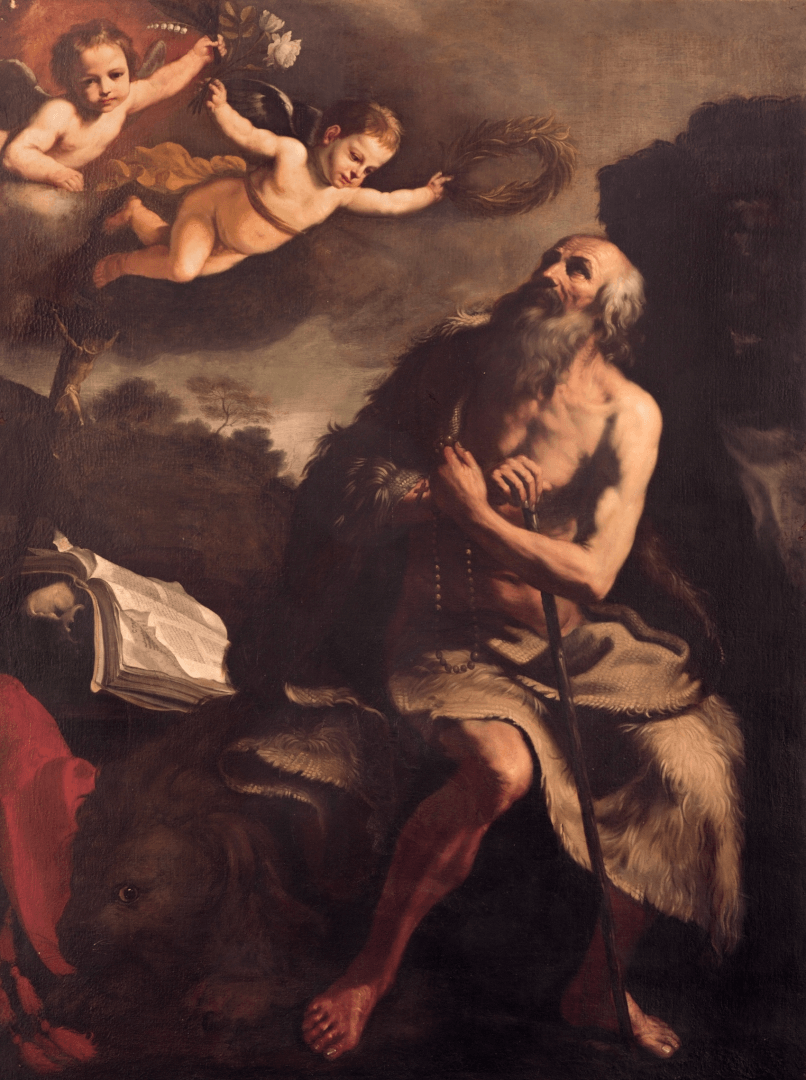Recently, it was the feast day of St. Jerome, a Doctor of the Church, and The Cale Clarke Show took that opportunity to look at his life and what transformed this deeply faulted man into a saint.
When Jerome was young, he was recognized as a brilliant student and so was sent to Rome for school. After his studies there, he went on to travel the surrounding areas, but instead of gallivanting across foreign lands in search of pleasure, Jerome discovered the monastic life and asceticism. He observed the practices of sacrifice, mortification, and fasting. He travelled to Trier, Italy, Antioch, and eventually made his way to the Holy Land.
But when he was in Antioch, he began studying under the tutelage of a man named Apollinaris of Laodicea. Apollinaris taught Jerome ideas that ended up being declared heresy, like the fact that Jesus was only man, not God. After departing from Apollinaris, Jerome began having dreams about his judgement day. In his dream, Jerome would be before God and God would ask him, “Who are you?” And Jerome would respond, “I am a Christian.” God would deny this, saying, “No you’re not. You’re, not a Christian, you are a follower of Cicero, not a follower of me.”
After waking from these terrifying nightmares, Jerome swore off pagan literature and vowed only to read sacred books. Eventually, Jerome would lighten his restriction on pagan literature, recognizing that being aware of contrary teachings is good, but Christ must be put above all else. But directly following these dreams, Jerome went out into the Syrian desert to fast and pray. Struggling with temptation and sin, he would throw himself onto the rocks. In paintings and statues, St. Jerome is very often pictured frail and emaciated.
In the desert, Jerome hardly ate both because of his fasting and because the food out there disgusted him. He was homesick and he was alone. “’Though I was protected by the rampart of the lonely desert, I could not endure against the promptings of sin in the ardent heat of my nature. I tried to crush them by frequent fasting, but my mind was always in a turmoil of imagination.’” Clearly, though now a saint, Jerome struggled mightily with sin and temptation. It’s encouraging to know that we are not the only one’s who suffer to our weaknesses.
After his return from the desert, Jerome refreshed himself on Greek and began copying out biblical manuscripts in the vernacular. He travelled to Rome to continue his work but found that he was disgusted by the behavior and attitudes of the clergy in Rome. He found them uncharitable, vain, and hypocritical, not mincing words in his rebukes of their faults.
Jerome returned to the Holy Land and finding shelter in a monastery, he completed his life’s work. For 30 years, he had been writing the Latin translation of the Bible. Now, instead of people picking up one of hundreds of poorly translated copies with different content, the Bible was officially translated into the vernacular of the time, and everybody could read the same version.
Besides the Latin Vulgate, Jerome is also known for another accomplishment: the defense of the perpetual virginity of Mary. It should be noted that this is a dogma, meaning that as a Catholic, you must believe this. Helvidius was a wayward author who wrote a book denying the perpetual virginity of Our Lady, saying that Mary had other children. St. Jerome, incensed, wrote a counter work that dismantled this idea. Unfortunately, some today still argue that Mary did not remain a virgin for the rest of her life.
Listen to the full talk below:
St. Jerome and the Perpetual Virginity of Mary
Tune in to The Cale Clarke Show weekdays at 5pm CT

